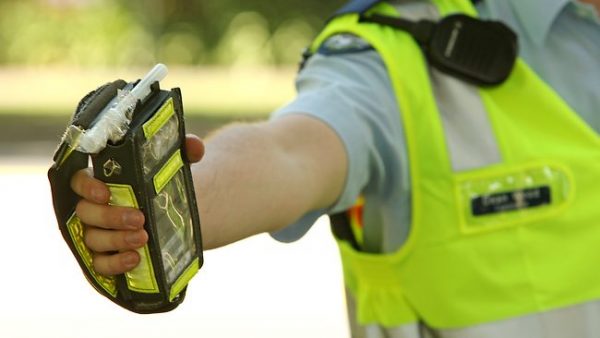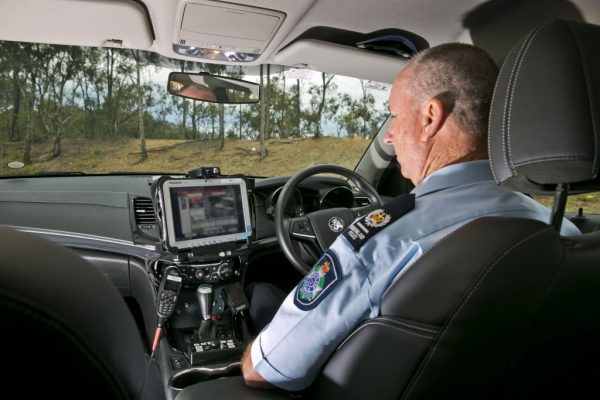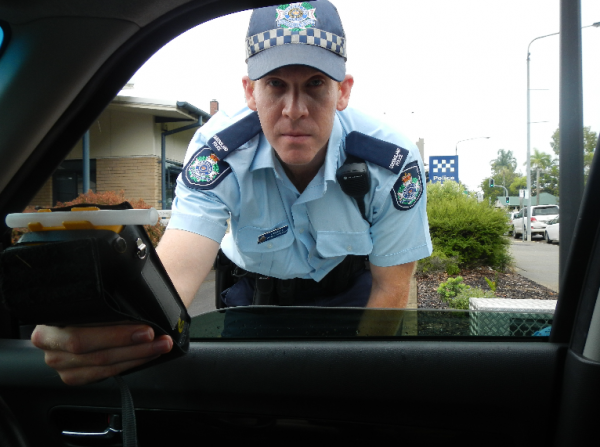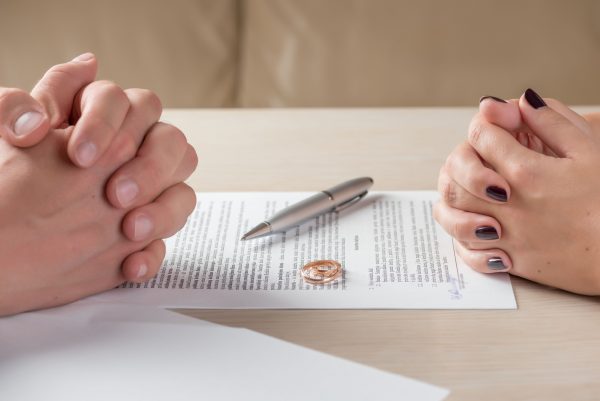DIVORCE is a traumatic time for anyone but getting help and taking clear action will save you time, money and let you get on with your life more quickly.
The first thing you need to sort out are your finances and if there are children involved you need to get a parenting agreement.
A key family lawyer at Strategic Lawyers, Robert Ballais, explained the whole process of getting a divorce is best thought of as having two separate parts and three parts if you have children.
“Under Australian law couples actually have to be separated for one full year before they can get a divorce,” Mr Ballais said.
“However, before you get a formal divorce you can work out how you want to divide up all of your assets by getting a property settlement and work out what’s best for the kids through a parenting order.”
In Australia the divorce rate is falling however there are still lengthy waits to access the courts.
It’s also important to note that while de facto couples – people in a relationship who have been living together for two years or more – don’t need to get a divorce, there may still be a need to get a property settlement and a parenting order.
And with the majority of divorces being agreed to by both sides of the marriage Mr Ballais said couples that are able to reach an agreement without a lengthy dispute get quicker, less expensive outcomes.
“Obviously that’s not always possible but our first step is always to try and minimise the pain by sorting everything out and reaching consensus,” he said.
Below he runs through what you’ll need to have at hand to get through each part of the process and gives you the inside running on how you can do the prep-work to save your lawyer’s time and to save your money.
GETTING A PROPERTY SETTLEMENT
1. Work out what you own and what you owe
The best thing people can do before they come in to see a family lawyer is create a document with all the assets and liabilities they have.
This should include things like the mortgage, if you have one and any other loans and how much has been paid and how much is owing.
It should also include details of any other personal loans or assets and any valuations people have for those and one final thing a lot of people forget is to bring details of their superannuation.
2. Know your business
The second thing people will need to bring along if they want to reach a property settlement are any details of any businesses they own.
This really could include any financial document to do with that business but usually things like a valuation would be the most useful.
3. Did you already have an agreement?
In a lot of cases couples have already agreed on how they’re going to split their assets but as Mr Ballais explained this often doesn’t take the form people might expect.
For example, it might be something as simple as a text message or an email from years ago where these things were discussed.
So, having any details of any discussions is a great place to start – regardless of whether the ownership of any of the assets are in dispute.
GETTING A PARENTING ORDER
In the same way people can divide their assets as soon as they separate they are also able to make legal arrangements for the custody of their children.
Below Mr Ballais goes through what you will need to bring along to make sure you have everything you need on hand.
4. Have you already agreed on this?
If you’ve already worked out who is going to take care of the kids and on which days they will have them, then bringing along a copy of that agreement saves a lot of time.
This might have been agreed at an earlier point in time or after you decided to separate.
5. Check your roster
This is especially important for people who do fly in, fly out work – or work shifts.
Sometimes people will go to put an agreement in place only to realise their work arrangements make it impossible, so bringing along your roster from the outset is the best way to avoid any issues.
6. Write out what you want
Before you see a lawyer it’s worth thinking about the custody arrangement you want and writing it down.
If you are able to agree on this it won’t just save your lawyer time, it will save you money as the process for reaching a mutual agreement on custody is a lot less costly than if the matter goes to court because there’s a dispute.
GETTING A DIVORCE
So, you’ve sorted out your property and worked out a parenting order. Now you are ready to finalise your divorce.
Below Mr Ballais explains the legal hoops and hurdles the law puts up for people looking to officially end their marriage.
7. Get counselling & make sure you’ve been separated for 12 months
If there is a chance of reconciliation, the first thing every couple should do is try to work out their problems.
This isn’t just a nicety the Family Law Act actually requires couples who have been together for less than two years to get marriage counselling.
Also under the Family Law Act people need to be separated for 12 months before they can start a divorce application.
Obviously, for people in abusive and extreme circumstances it wouldn’t be necessary or appropriate to force them into counselling and they can apply to the court to avoid the process however, they still need to have been separated for 12 months.
8. Find your marriage certificate
This is one of the first things any family lawyer will ask for at the first meeting
So, having it handy means we can get started straight away instead of having to wait on paperwork.
9. Sit down and write out all your personal details
For the divorce application itself you’ll need the addresses of both parties involved – or the address of their lawyer.
You’ll also need your places and dates of birth and your occupation.
Finally, if you moved to Australia from overseas you will need to state the date on which you moved into the country.
10. Write down all your children’s details
If there are kids involved then a lot of information is required before a divorce application can be finalised.
Mr Ballais explained the most essential items included any child support paid to date, any custody arrangements presently in place and any proposed changes to those custody arrangements.
It’s also useful to have a record of any of the children’s health issues and what schools they currently attend.
11. Find out how much it will cost
Strategic Lawyers was the first firm in North Queensland to offer something called fixed-pricing.
This means we will, wherever possible, tell you how much it will cost to work on your matter and give you a binding quote before we start.
A lot of firms will charge by the hour – creating an incentive for lawyers to waste time and charge you for it.
Here at Strategic we do things differently; we do everything we can to remove the stress created by the uncertainty of not knowing how much your divorce will cost.





